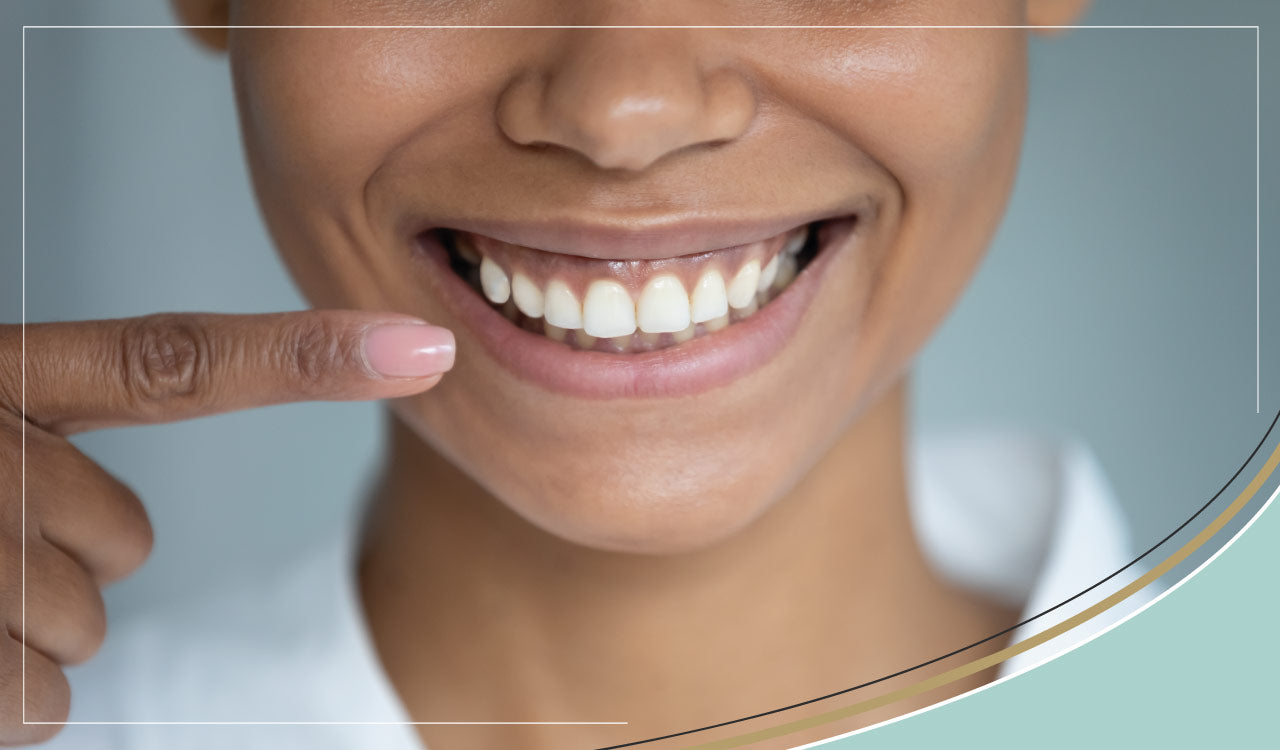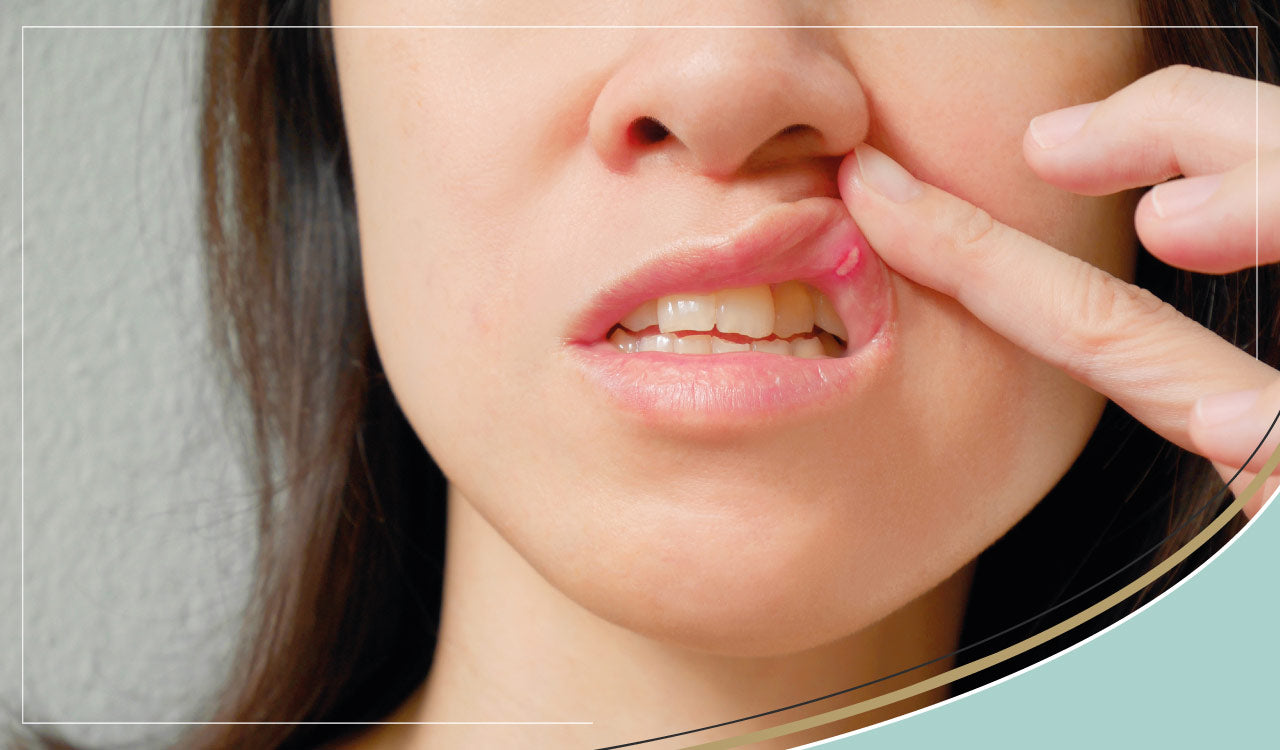Sensitive teeth symptoms, causes and prevention

Dental Hypersensitivity or sensitive teeth, is a condition where certain foods and drinks (often hot, cold or sweet foods and even cold air) cause instant and severe tooth pain. It is a condition that is thought to affect over 40 million Americans and almost 7 million Britons. Many people manage sensitive teeth as best they can, by avoiding cold foods such as ice cream or hot drinks such as tea and coffee. Hypersensitivity mainly affects people aged between 18 and 50 with women being affected more than men. Causes should always be ruled out by a dentist, partly to exclude more serious conditions and partly with a view to removing any underlying causes that may be exacerbating the problem.
The Symptoms of Sensitive Teeth
Sensitivity and pain can occur when:
- eating or drinking hot food and drinks.
- eating or drinking cold food and drinks.
- eating or drinking sweet food and drinks, such as chocolate and cola.
- exposure to cold air.
What causes Sensitive Teeth?
Our teeth are covered in a hard outer layer called enamel which protects the softer inside of the tooth, dentine. Sensitive teeth occur when the enamel is worn away or damaged, causing the dentine beneath to be exposed. Some common causes of enamel erosion are:
- Sugar erosion / Dental erosion - Enamel on our teeth is the hardest substance in the body but is still susceptible to erosion caused by acidic foods and drinks with a high sugar or acidic content.
- Gastroesophageal reflux - Reflux is the return of the stomach’s contents back in to the mouth. Gastroesophageal reflux disease (GERD) or Bulimia -causes potent stomach acids that help break down and digest food to damage tooth enamel.
- Gum Disease/ Receding Gums - Gums can recede either through disease or naturally over time exposing the roots of teeth. Roots don’t have any protective enamel coating and are consequently fully exposed. Consult an orthodontist as soon as possible.
- Abrasion - Brushing too hard with a toothbrush can do more harm than good, by wearing away the enamel and causing dentine to be exposed.
- Plaque/Tartar - A build-up of plaque / tartar destroys the support of a tooth. Build-up of plaque and tartar should be referred to a dentist and hygienist.
- Cracked tooth / Broken Filling - Cracked teeth or missing fillings are like an open door into the most sensitive part of the tooth and can cause considerable discomfort when hot or cold liquids enter the cavity.
- Grinding of Teeth - Is a habit where the top and bottom layers rub against each other. This can cause erosion of the enamel and worse broken teeth. Grinding of teeth can be side product of a sleeping disorder caused by stress or anxiety. It would be advisable to seek help from a GP if suffering from stress or anxiety.
- Demineralisation - Demineralisation has been shown to be a major factor in dental sensitivity and dental erosion.
- Antibiotics - Antibiotics may leave dentine and gums more susceptible to the proliferation of bacteria such as Streptococcus.
Preventing further problems and sugar erosion
Sugar is in many of the foods and drinks we consume with processed and convenience food being the main offenders and the good news is that this is something we can control. Reducing sugar intake and making healthier choices can have a significant impact in limiting further decay and tooth erosion. For example, replacing just one bottle of coke with a glass of water can reduce a daily intake by 52g. Other replacements such as swapping milk chocolate for dark chocolate can also help, but ultimately considering both as an occasional treat or avoiding completely is more likely to prevent further decay.
Minimise Acid erosion -by replacing highly acidic foods and drinks, such as citrus fruits, tomatoes, and alcohol with less acidic alternatives.
Take a good probiotic -with lactobacillus cultures daily along with fermented foods:
Selected probiotic strains (Lactobacillus) showed a significant but somewhat varying ability to inhibit growth of oral mutans streptococci and Candida albicans.
Source - BMC Oral Health2010
Clean Your Teeth -everyone knows it’s important to clean our teeth, yet surprisingly many adults simply don’t make the time to complete a full cleaning routine every morning and every night. Cleaning our teeth is one of the simplest ways of preventing further sugar erosion. Where possible allow 2 minutes to properly clean your teeth, replace manual toothbrushes with electric toothbrushes, use a non-abrasive toothpaste and follow brushing with a natural mouthwash such as Xylotene®. A good cleaning regime can help prevent sugar erosion, gum disease and cavities. Bear in mind, however, that excessive cleaning is and using highly abrasive tooth pastes is probably counterproductive, as is brushing too soon after acidic foods as that may even increase their ability to damage. Also, change the toothbrush frequently.
Visit the Dentist - Cracked teeth and missing fillings should be repaired as soon as possible to prevent any bacterial build up and/or further damage to the tooth. Always consult your dentist as soon as a problem arises.
Reduce Sugar - Sugar in this sense also means any food that “lingers” and feeds the acid producing bacteria in the mouth. It is not only about what we eat but how long it stays or clings to the enamel. Wholesome bread, for example, if trapped, can create as many problems and a sweet drink downed in one will be less harmful than one sipped throughout the day.
 Free Shipping on orders $110+ AUD
Free Shipping on orders $110+ AUD
 Worldwide Delivery Available
Worldwide Delivery Available
 Read Thousands of Independent Reviews
Read Thousands of Independent Reviews


















